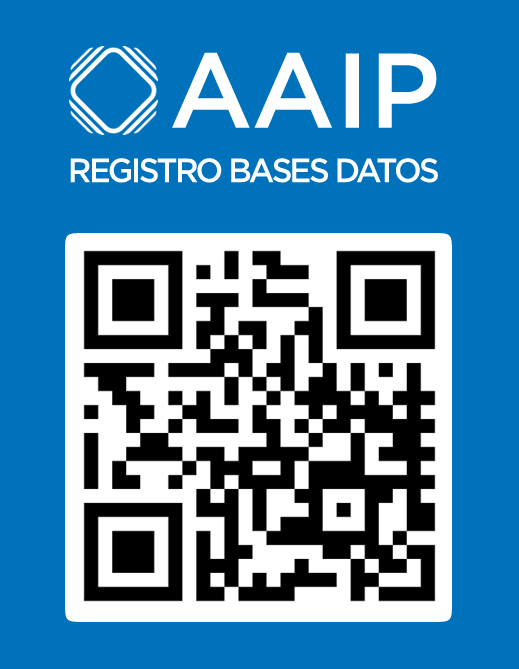No Wait List to Find Your Donor! Our medical team has extensive experience in egg donation, the treatment with the highest success rate.
WeBank, WeFIV’s egg bank, is in charge of choosing donors who are compatible with the physical traits and blood type-Rh of the receiving patient. Once the donor with appropriate characteristics is found, we notify the patients and proceed with the fertilization of the oocytes. It is important to note that WeBank has the largest egg bank in Argentina, which means the donor can be chosen without delay.


In order to obtain a suitable semen sample, the male must abstain from sexual activity for 2 to 5 days before the day of egg donation. Then, the sample is prepared in our specialized laboratories to eliminate certain components and select the most suitable sperm to fertilize the donated eggs. Another option is to cryopreserve the semen sample before the donation, so that once the compatible donor is found, the previously frozen sample can be used.
WeBank, WeFIV’s egg bank, is in charge of choosing donors who are compatible with the physical traits and blood type-Rh of the receiving patient. Once the donor with appropriate characteristics is found, we notify the patients and proceed with the fertilization of the oocytes. It is important to note that WeBank has the largest egg bank in Argentina, which means the donor can be chosen without delay.
In order to obtain a suitable semen sample, the male must abstain from sexual activity for 2 to 5 days before the day of egg donation. Then, the sample is prepared in our specialized laboratories to eliminate certain components and select the most suitable sperm to fertilize the donated eggs. Another option is to cryopreserve the semen sample before the donation, so that once the compatible donor is found, the previously frozen sample can be used.
Embryo transfer, also known as “transfer,” is when the specialist-selected embryo is introduced into the maternal uterus with a specialized cannula. The transfer is a painless procedure, quick to perform, and is carried out without the need for anesthesia. It is recommended to drink water before the procedure to have a full bladder unless otherwise indicated by the treating physician.
Additionally, both the patient and the companion are asked to avoid the use of perfumes, makeup, or substances with strong aromas, as they could contaminate the laboratory air. Once the transfer is complete, the patient should avoid situations that cause an increase in body temperature or dehydration and should not consume alcoholic beverages or medications without a prescription.
It is important to mention that unused, good quality embryos will be vitrified to be used in a subsequent cycle, avoiding the need to repeat ovarian stimulation.
After 3 attempts at WeFIV, the cumulative pregnancy rate is 93.96% in egg donation treatment.
There is no single number of egg donation treatments required to achieve pregnancy, as it depends on the patients’ medical history.
Embryo transfer is exactly the same as when using one’s own gametes.
Since we have a large egg bank, the duration of egg donation treatment is the same as with using one’s own eggs. There is no waiting list to find the best donor for our patients.
When resorting to egg donation treatment, it is normal for the patient to go through the genetic grief process, as they give up the possibility of passing on their genetic makeup. However, thanks to epigenetics, we know that there is communication between the pregnant woman, through the maternal womb, and the future baby. This communication is capable of modulating how genetic information is expressed, meaning it can modify and influence how the genetic information of the future baby is expressed, which can be seen in the physical characteristics and health of the baby. We encourage our patients to realize that motherhood is a role they will develop regardless of the type of treatment they undergo.
Egg donation poses no risks for either the donor or the recipient woman. It’s a safe procedure that enables women with fertility issues the chance to conceive.
Where is WeFIV
Soler 5552
Buenos Aires City, Buenos Aires
